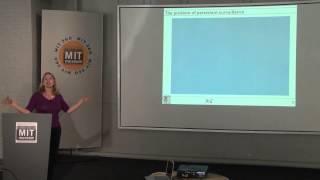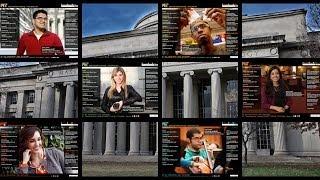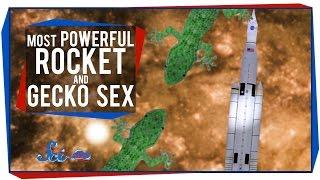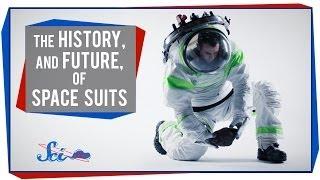Time Travel, Teleportation & Science
Time travel is the concept of moving between different points in time in a manner analogous to moving between different points in space, generally using a theoretical invention, namely a time machine. It has a commonly recognized place in philosophy and fiction, but has a very limited application in real world physics, such as in quantum mechanics or wormholes.
Although the 1895 novel The Time Machine by H. G. Wells was instrumental in moving the concept of time travel to the forefront of the public imagination, The Clock That Went Backward by Edward Page Mitchell was published in 1881 and involves a clock that allowed three men to travel backwards in time.[1][2] Non-technological forms of time travel had appeared in a number of earlier stories such as Charles Dickens' A Christmas Carol. Historically, the concept dates back to the early mythologies of Hinduism (such as the Mahabharata), Buddhism, and Islam through ancient folk tales. More recently, with advancing technology and a greater scientific understanding of the universe, the plausibility of time travel has been explored in greater detail by science fiction writers, philosophers, and physicists.
Teleportation, or Teletransportation, is the theoretical transfer of matter or energy from one point to another without traversing the physical space between them. It has a commonly recognized place in science fiction literature, film, and television, but as yet has a very limited application in real world physics, such as quantum teleportation or the study of wormholes.
Science (from Latin scientia, meaning "knowledge") is a systematic enterprise that builds and organizes knowledge in the form of testable explanations and predictions about the universe. In an older and closely related meaning, "science" also refers to a body of knowledge itself, of the type that can be rationally explained and reliably applied. A practitioner of science is known as a scientist.
In modern usage, "science" most often refers to a way of pursuing knowledge, not only the knowledge itself. It is also often restricted to those branches of study that seek to explain the phenomena of the material universe.
Source : Wikipedia
-
1:12:34

MIT's Virtual Commencement 2020
Added 438 Views / 0 LikesFor the first time, MIT hosted a virtual commencement for the 2020 graduates. Watch the event! (See below for specific segments).Admiral William H. McGraven (scroll ----- 00:07:23)MIT Comusica (scroll ----- 00:19:53)Peter X. Su PhD '20 (scroll ----- 00:25
-
09:58
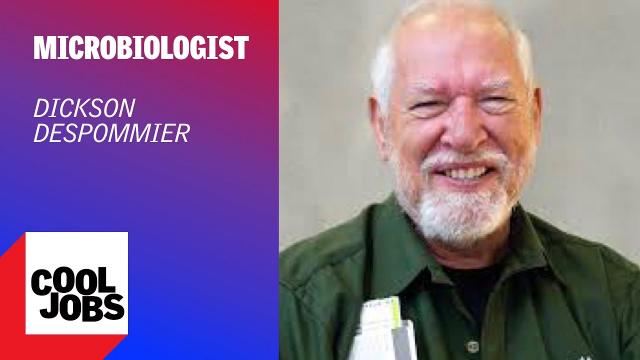
Cool Jobs: Vertical Farmer
Added 418 Views / 0 LikesMedical ecologist Dickson Despommier describes the Vertical Farm Project, a movement to promote urban renewal while producing a sustainable food supply. The project is a result of his years studying the microbial worm trichinella, the creativity of his ec
-
53:56
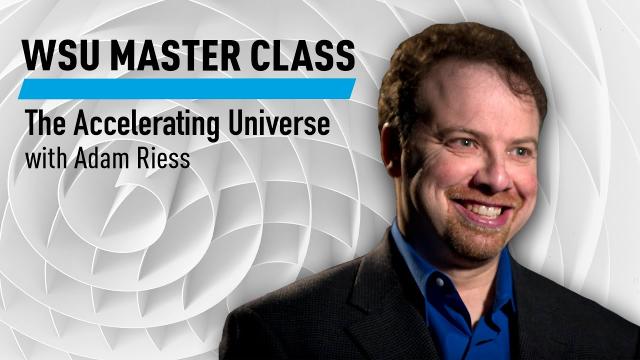
WSU: The Accelerating Universe with Adam Riess
Added 412 Views / 0 LikesNobel laureate Adam Riess walks you through his team’s incredible discovery of dark energy and our accelerating universe. Explore one of the biggest mysteries in modern cosmology. #WorldSciUThis lecture was filmed on May 30, 2015 at the World Science Fest
-
39:38
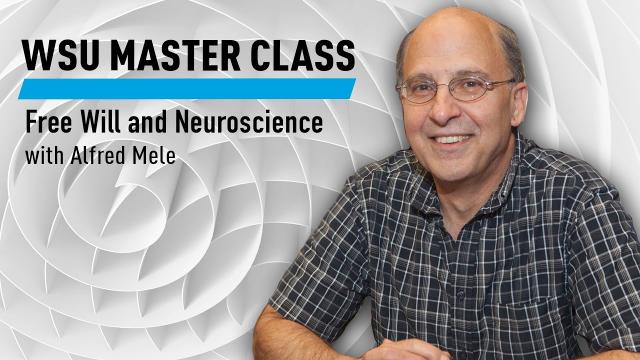
WSU: Free Will and Neuroscience with Alfred Mele
Added 340 Views / 0 LikesHas neuroscience all but disproved the existence of free will? Philosopher Alfred Mele argues that free will is still alive and well as he critically analyzes experimental data. #WorldSciUThis lecture was recorded on May 30, 2015 at the World Science Fest
-
04:22
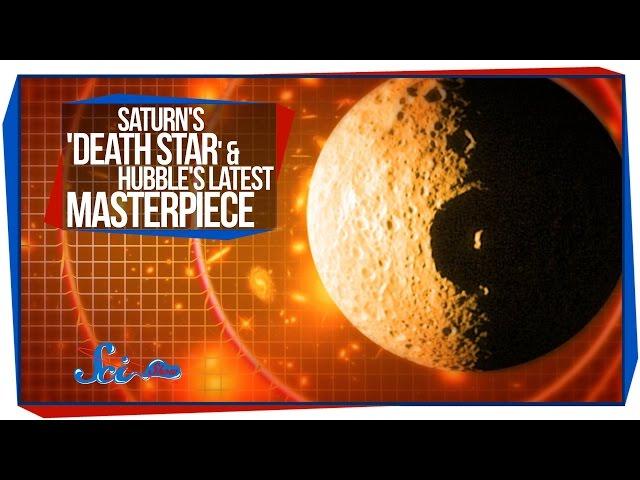
Saturn's 'Death Star' and Hubble's Latest Masterpiece
Added 813 Views / 0 LikesSaturn's 'Death Star' and Hubble's Latest Masterpiece
-
06:23
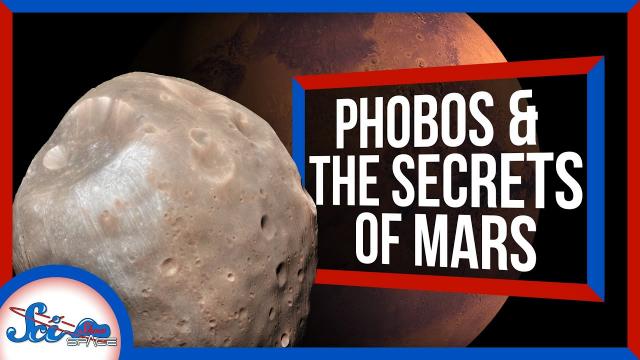
Phobos Is Hiding Secrets About Mars's Atmosphere | SciShow News
Added 349 Views / 0 LikesThanks to Blinkist for sponsoring this episode. The first 100 people to go to http://blinkist.com/scishowspace are going to get unlimited access for 1 week to try it out. You’ll also get 25% off if you want the full membership.This week, researchers are g
-
14:50

SciFi Science Physics of the Impossible Season 2 Episode 8 Black Hole Odyssey Part 1
Added 1,035 Views / 0 LikesSciFi Science Physics of the Impossible Season 2 Episode 8 Black Hole Odyssey Part 1
-
23:27
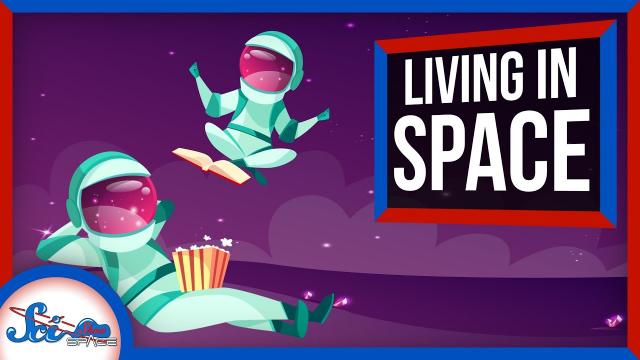
What's It Like to Live in Space? | Compilation
Added 271 Views / 0 LikesIf you want to spend any amount of time in space, you'll have to make adjustments to your lifestyle. From what you eat, to how you go to the bathroom, to regular activities you're simply not allowed to do on the ISS, SciShow Space has covered what life is
-
06:14
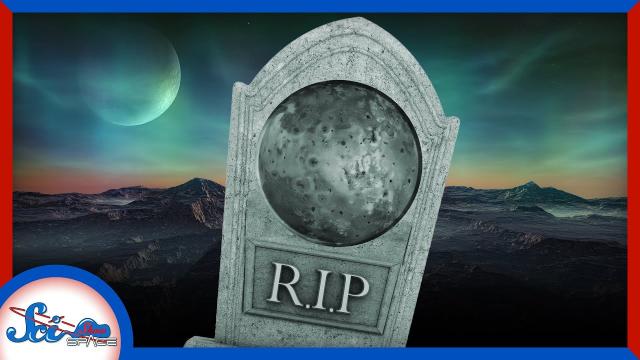
We Found a Planetary Graveyard | SciShow News
Added 415 Views / 0 LikesStart learning a new language today with Babbel! As a SciShow viewer, you can get 65% off a subscription by using this link: http://bit.ly/SciShowBabbelResearchers think they may have found a new way to study planets after they've been "buried" in a star!
-
06:16

Keeping the Fungus Among Us in Space
Added 241 Views / 0 LikesStart building your ideal daily routine with Fabulous. The first 100 people who click on the link will get 25% OFF Fabulous Premium: https://thefab.co/scishowspace5Developing new methods for survival in space is a constant and ever-evolving process, and a
-
04:47
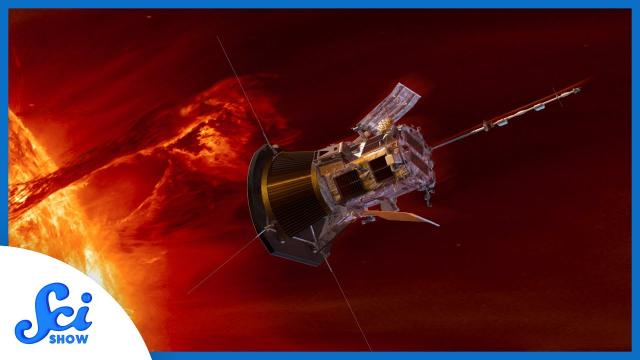
What Do You Learn When You Touch the Sun?
Added 200 Views / 0 LikesThough our Sun is something we can count on to rise and set each day, it also comes with some phenomena that can catch us by surprise: solar winds. To better predict when these winds will travel all the way to Earth, we sent the Parker Solar Probe to our
-
05:09

Where Are All the Exo-Earths?
Added 189 Views / 0 LikesScientists have discovered over 5,000 exoplanets in the last few decades, but where are the Exo-Earths?Hosted By: Savannah Gearry----------Huge thanks go to the following Patreon supporter for helping us keep SciShow Space free for everyone forever: Jason

